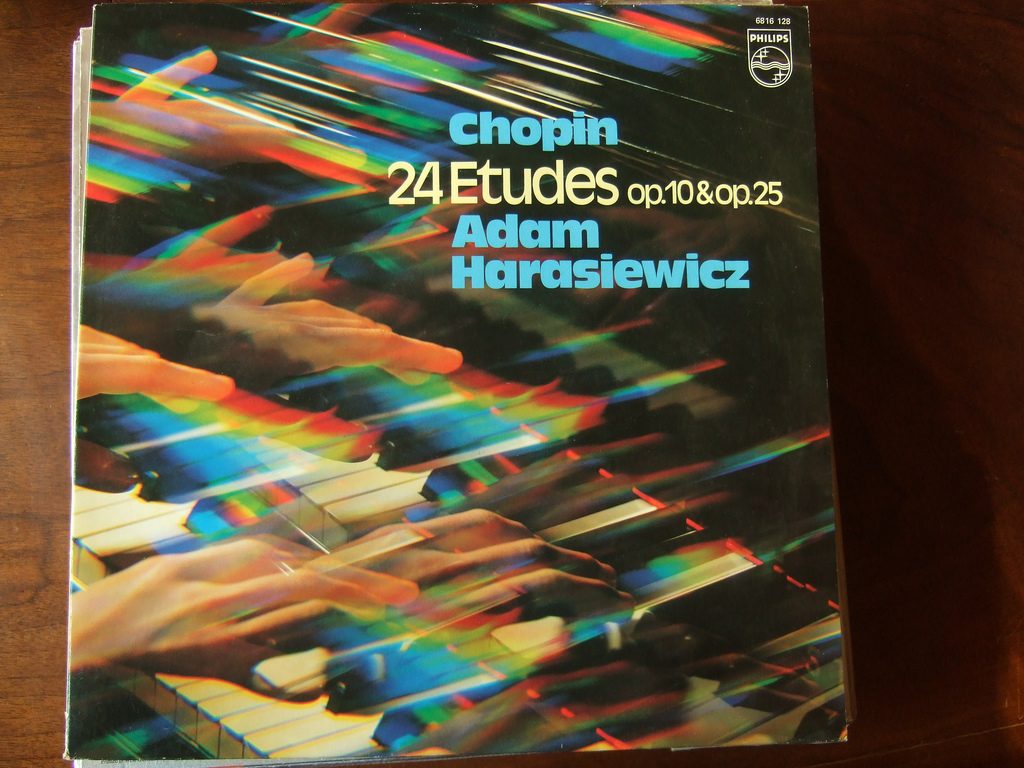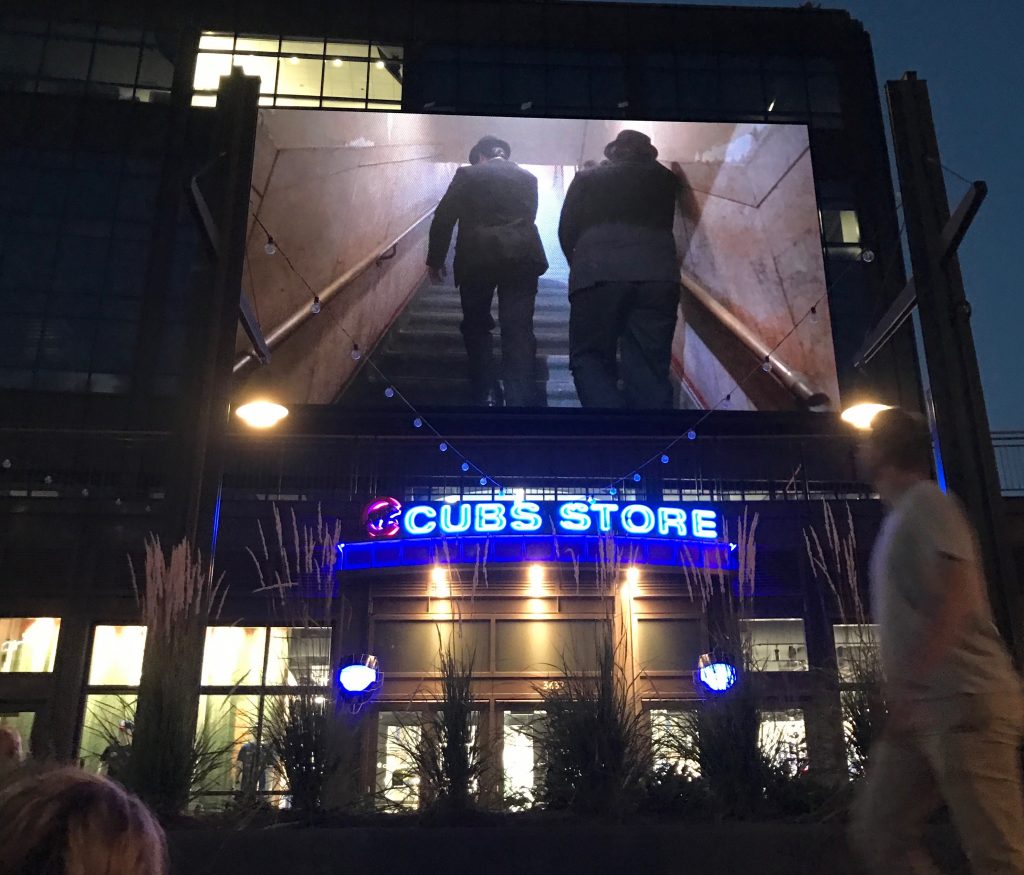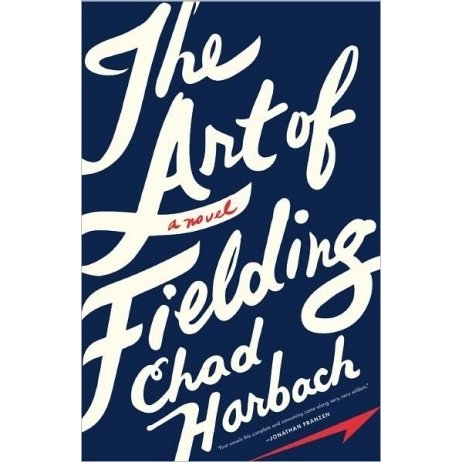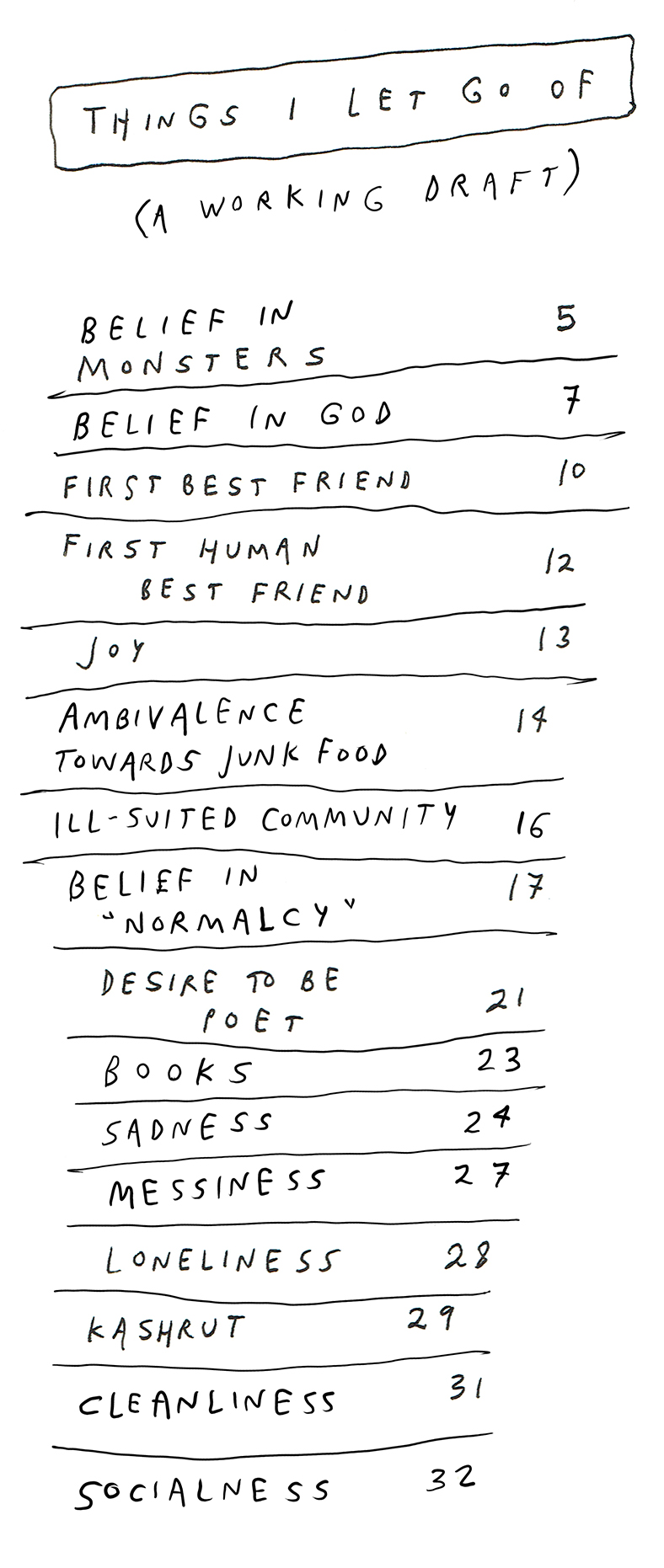Coupler, "INVENTION 2: Pattern Recognition"
When nothing makes sense suddenly everything seems to make even more sense. Enjoy.
New York City, September 19, 2017
 ★★ The humid breeze was a huge improvement over the humid and crowded elevator, but it didn’t offer much to appreciate on its own merits. Strangely filtered sun came glimmering in and as quickly faded back out. The breeze grew wild and rattly, jumping around up under the shirttails, a reminder that this was the remains of what had been a hurricane somewhere else. A thin, fine diagonal rain suddenly appeared and persisted, occasionally changing its angle or intensity, thwarting every possible opportunity to have gotten up and gone out for fresh air. It left things wet and unrefreshed. After dark, more rain came. Putting up a hood against it, in the stuffy night air, was exactly as uncomfortable as leaving the hood down and getting rained on.
★★ The humid breeze was a huge improvement over the humid and crowded elevator, but it didn’t offer much to appreciate on its own merits. Strangely filtered sun came glimmering in and as quickly faded back out. The breeze grew wild and rattly, jumping around up under the shirttails, a reminder that this was the remains of what had been a hurricane somewhere else. A thin, fine diagonal rain suddenly appeared and persisted, occasionally changing its angle or intensity, thwarting every possible opportunity to have gotten up and gone out for fresh air. It left things wet and unrefreshed. After dark, more rain came. Putting up a hood against it, in the stuffy night air, was exactly as uncomfortable as leaving the hood down and getting rained on.
Some Études

Image: Piano Piano! via Flickr
Crazy when you think about it that “Brevity is the soul of wit,” is a phrase I hear all the time and hate very much, is from Hamlet, which takes a long time to watch (or read). There’s not been a lot of brevity in this column when you think about it, has there? One time, back when this column used to be called “Classical Music Hour,” someone emailed me and asked me if they were meant to take a full hour to read the pieces. Officially: no. Please take six minutes and move on with your life, I beg you.
But listening to classical music often takes patience and what if you’re having one of those days where there’s literally none on reserve? You’re tapped, you’re dry, you need the jolt of energy that only a pop song or an étude can provide so hey, how about some études? What’s an étude, you might be asking, especially when presumably you already know what a pop song is? Well, an étude is a short composition for a single instrument that’s reasonably light in tone and impossible in terms of difficulty.
In the 1830s, Polish composer Frédéric Chopin composed three sets of 12 études, and I would love to share with you Op. 10, my personal favorite set of twelve recorded in 2002 by John Bingham. Chopin composed these when he was only 23 years old, which is astounding, honestly, and dedicated the set to Liszt, who was one of his mentors. What is there to say about Chopin in a column I’m hoping reads as quick and skillful as his études? He was mainly known to play in parlors, not particularly sociable, kind of hot, and died young.
Watching 'The Blues Brothers' In Wrigleyville

“I got an A on my English paper!” the world’s biggest Blues Brothers fan exclaimed. Bruce Pelletier, a local TV producer, leaned forward in his picnic chair. His black t-shirt featured the characters’ monochromatic faces and Elwood’s third act “106 miles to Chicago” monologue, like a bald eagle paired with a quote from the Constitution. Though it seemed like an absentminded non sequitur brought on by too many beers, he tightened his grip on his plastic cup and clarified. During his time at Wright College, he wrote a paper whose thesis was a rebuttal to criticism of The Blues Brothers. “It’s probably my favorite film of all time. It’s such a Chicago movie,” he said.
He’s right. The Blues Brothers is good, actually. On a warm weeknight in late August, a crowd of Chicagoans gathered at the new Park At Wrigley plaza for a free screening of the 1980 Dan Aykroyd/John Belushi classic. The plaza is part of an ongoing $600 million renovation of the neighborhood surrounding Wrigley Field, with a jumbotron perfect for screening films or showing ads.
When the property owners reached out to Ryan Oestriech, “they wanted three themes: Chicago, baseball, and nostalgia.” Oestreich is the general manager of the Music Box Theatre, the Wrigleyville independent cinema that curated the summer’s series of screenings. “Blues Brothers is timeless because it’s an adventure with great ideas, like helping the greater good through music. And Chicago drives the whole plot!” Asked about the changes to the neighborhood, he demurred. “People are against change. If the renovations mean there’s no longer a McDonald’s or a Taco Bell or a parking lot, great. Each neighborhood is unique, that’s the best thing about Chicago. This gives the neighbors something free to come see.”
Let's Talk About 'The Art of Fielding' Lawsuit

If you remember the year 2011 when The Big Book of the Year was The Art of Fielding and you don’t want to die after reading that clause, take a moment to read over the allegations of one Charles Green against the one Chad Harbach in the matter of wrongfully appropriating elements of the former’s manuscript, Bucky’s 9th, and interpolating them into the latter’s long-languishing first novel (which then sold for $665,000 and debuted to All The Acclaim):
Whether or not you liked the book is basically irrelevant to this conversation, because the thing about The Art of Fielding is that all these years later, it continues to be A Case Study in Book Publishing. You may recall that Keith Gessen wrote a whole THESIS on the matter in Vanity Fair, as well as a 20,000-word e-book titled How A Book is Born, from his perspective as Chad’s Harvard College roommate, n+1 cofounder, and close friend. (The book should have been titled How A Unicorn is Born, but whatever.) The book was and is a darling of the publishing and literary world, and even garnered a few profiles of Chris Parris-Lamb, the hot young literary agent who negotiated the nearly unheard-of deal for a first novel.
Cut Copy, "Black Rainbows"
Because every day is an excruciating accumulation of moments that last lifetimes now it is even more impossible to recall recent events than it used to be back when time flowed at a normal pace and the greatest difficulty we had was with the massive amount of product by which we were constantly under barrage. So you’ve probably forgotten all about Cut Copy’s January Tape, which was such a delight back when all we wished was that the election end, because we were dumb enough to think it might make things stop being bad. Unlike everything else from back then, Cut Copy’s January Tape is still excellent, and if you haven’t listened to it in a while it is worth returning to. In any event, Cut Copy has a new one coming out soon, and here’s another track from it. Enjoy.
New York City, September 18, 2017
 ★★ A few nearly unnoticeable drops of drizzle became a soaking mist in the course of the brief wait in the schoolyard for the teachers to arrive. Then came plain gray and damp. The very top of the Freedom Tower’s spike was lost in the sky. Even after the ground had dried out, it was uncertain whether the clouds might start leaking again. The air in the office progressed from too hot to much too cold. Faint colors emerged in the sky on its way to darkening.
★★ A few nearly unnoticeable drops of drizzle became a soaking mist in the course of the brief wait in the schoolyard for the teachers to arrive. Then came plain gray and damp. The very top of the Freedom Tower’s spike was lost in the sky. Even after the ground had dried out, it was uncertain whether the clouds might start leaking again. The air in the office progressed from too hot to much too cold. Faint colors emerged in the sky on its way to darkening.
Dicks Drawn
One joke in particular highlights the strength and weakness of this mockumentary. To check one witness’s reliability, Peter and Sam must establish whether or not this witness got a handjob at summer camp. As they review the details surrounding the alleged handjob, the documentary cuts to a CGI reenactment of one nondescript figure giving another a handjob, including a nondescript cylinder standing in for the teenager’s penis. The visual gag is very funny each time they return to it, but it also is considerably advanced work for a documentary allegedly produced by teenagers. It hearkens back a bit to The Office’s ninth-season presentation of Threat Level Midnight. While funny and satisfying, it was hard to shake the question: When did Michael Scott get so good at cinematography?
This isn’t spoiling anything really except one of the better dick jokes on television since the “Mean Jerk Time” calculation on “Silicon Valley.” Hurry up and finish your work so you can go home and watch it, because it is a fun little satire of all the true crime shows we love to argue about, and what better plans do you have? Then tell me tomorrow who did the dicks!!
"Ancient Aliens" Is Everything That's Wrong With America
I don’t know if you knew, but the Hebrews didn’t spend forty years in the Sinai after the Exodus because they’d incurred the wrath of God. And they didn’t leave that desert because the offending generation had died off. The chosen people were forced into the Promised Land because the algae-based-protein-bar machine that dispensed the “manna from heaven” they’d been eating finally broke down.
“Of course, [the machine] needed energy, for cultivating the algae, and this was produced, we postulate, by a small nuclear reactor,” says Rodney Dale, a wild-eyed madman.

This is the History Channel, circa 2009. “But,” asks the narrator, “If the Israelites’ survival depended upon the manna machine, where did they get it? Some believe they had stolen it from the Egyptians prior to their exodus. Other suspect extraterrestrials gave it to them as a humanitarian gesture to prevent their starvation in the desert.” The show is “Ancient Aliens,” and it’s everything that’s wrong in America.
What I mean is that when it debuted in 2009, “Ancient Aliens” put to work certain attitudes and argumentative techniques that have, in the age of Trump, come to dominate our discourse. “Ancient Aliens” is a more popular show than you might think, but I doubt it’s got much influence on the zeitgeist, and I know that it didn’t invent what it’s doing. Richard Hofstadter taught us a half-century ago that things like anti-intellectualism and the ‘paranoid style’ have been with us since at least 1776. “Ancient Aliens” was just the canary in the mine this time around.

